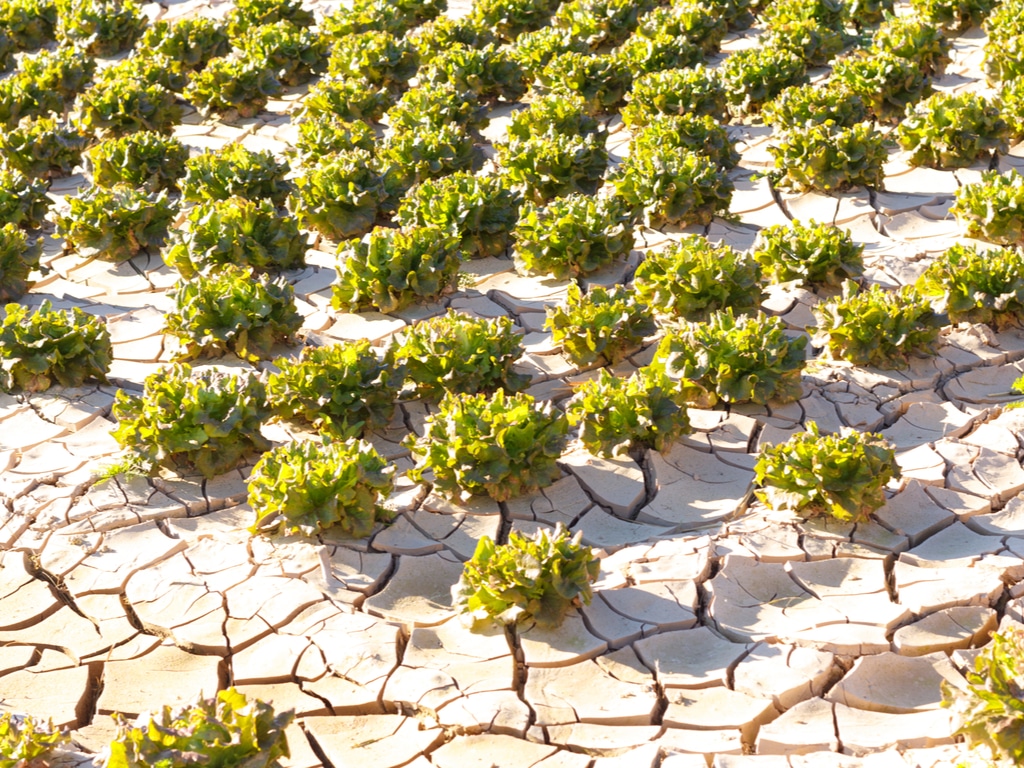Zimbabwe is facing a persistent drought. The main consequence is a decrease in river flows with a direct impact on the level of filling of dams, as well as water supply for consumption and irrigation. In response to water stress, the Zimbabwean government is focusing on groundwater resources and aims to have 35,000 boreholes drilled by 2025.
Each village with a population of 35,000 will have a borehole. The installations will be carried out by the Zimbabwe National Water Authority (ZINWA). The fresh water will be used to irrigate fruit, vegetable and other crops. “Our aim is to cover 350,000 hectares of land through irrigation, rehabilitation and maintenance of existing structures improving agricultural yields,” explains Marjorie Munyonga, ZINWA’s communications and marketing manager. The future boreholes will also provide water for livestock and domestic consumption.
Read Also DRINKING WATER: Major African programmes that are making a difference locally
The Zimbabwean government agency will roll out the water project in several phases. In its first phase, the boreholes will provide water for the irrigation of 500,000 plants in several villages in the East African country. This phase of the project will be completed by the end of December 2021 at a total cost of over US$119 million. At least seven “state of the art” nurseries will also be developed.
Rationalization of available resources
Details on the other phases of the project will be unfolded as the work progresses, Zimbabwean authorities say. Ultimately, the project will enhance the socio-economic potential of rural communities and create opportunities for upstream and downstream industries in the horticultural sector. To achieve these objectives, a rational use of available groundwater resources is also necessary. For example, focus on drip irrigation. This system pours the water very precisely on the crop, which results in an optimal yield. This process saves water, unlike flood or submergence irrigation. These are avenues to be explored to avoid resource depletion.
Inès Magoum
